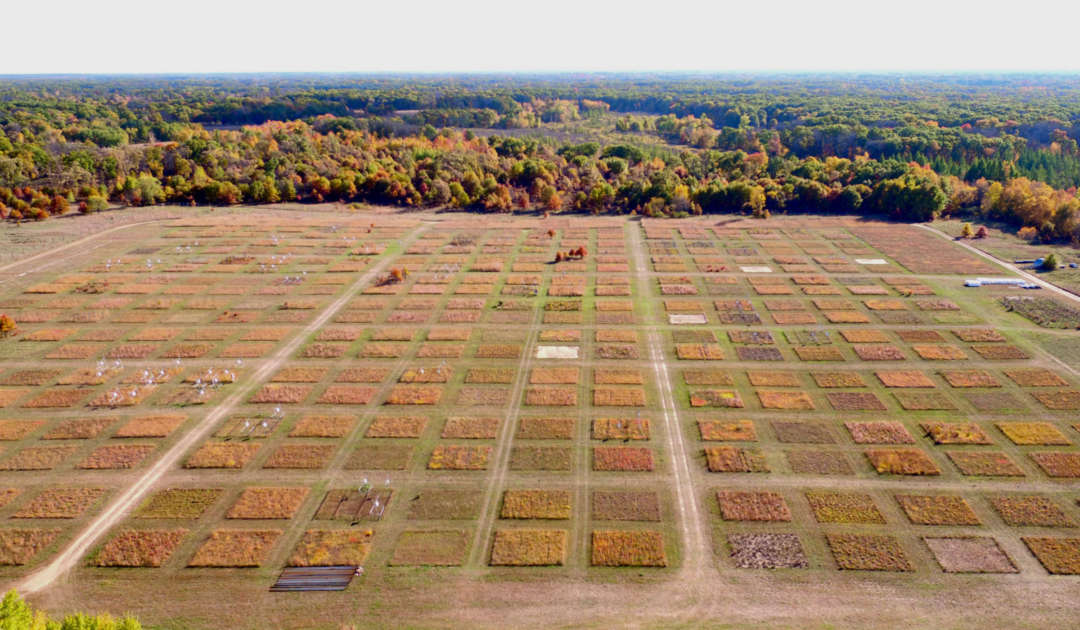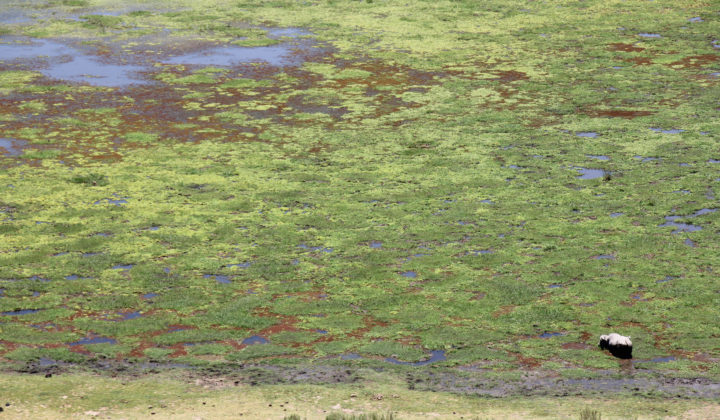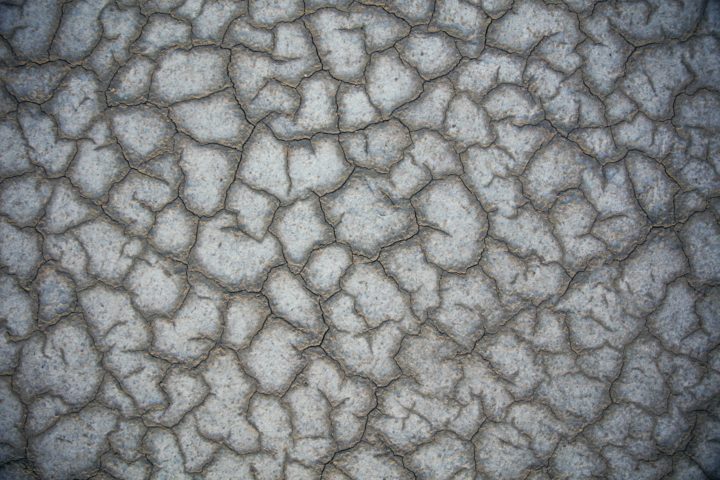Ecosystem Services and Climate
The RA “Ecosystem Services and Climate” examines biodiversity in the context of the Anthropocene and studies the mutual effects and interactions of society and biodiversity.
Biodiversity changes, climate change, and changes in society alter our socio-ecological systems – what is the ultimate effect of this? And how does an understanding of ecosystem functions, ecosystem services, and socio-ecological systems enable us to develop decision-making criteria for sustainable solutions?
This Research Activity closely cooperates with the ISOE (Institute for Socio-ecological Research), incorporating extensive, trans-disciplinary research. This strategic partnership allows for case studies to derive action and management concepts in the Anthropocene, with regional focal points in Europe, Central Asia, and southern Africa, and it also embeds socio-ecological approaches in other RAs within the research program.





